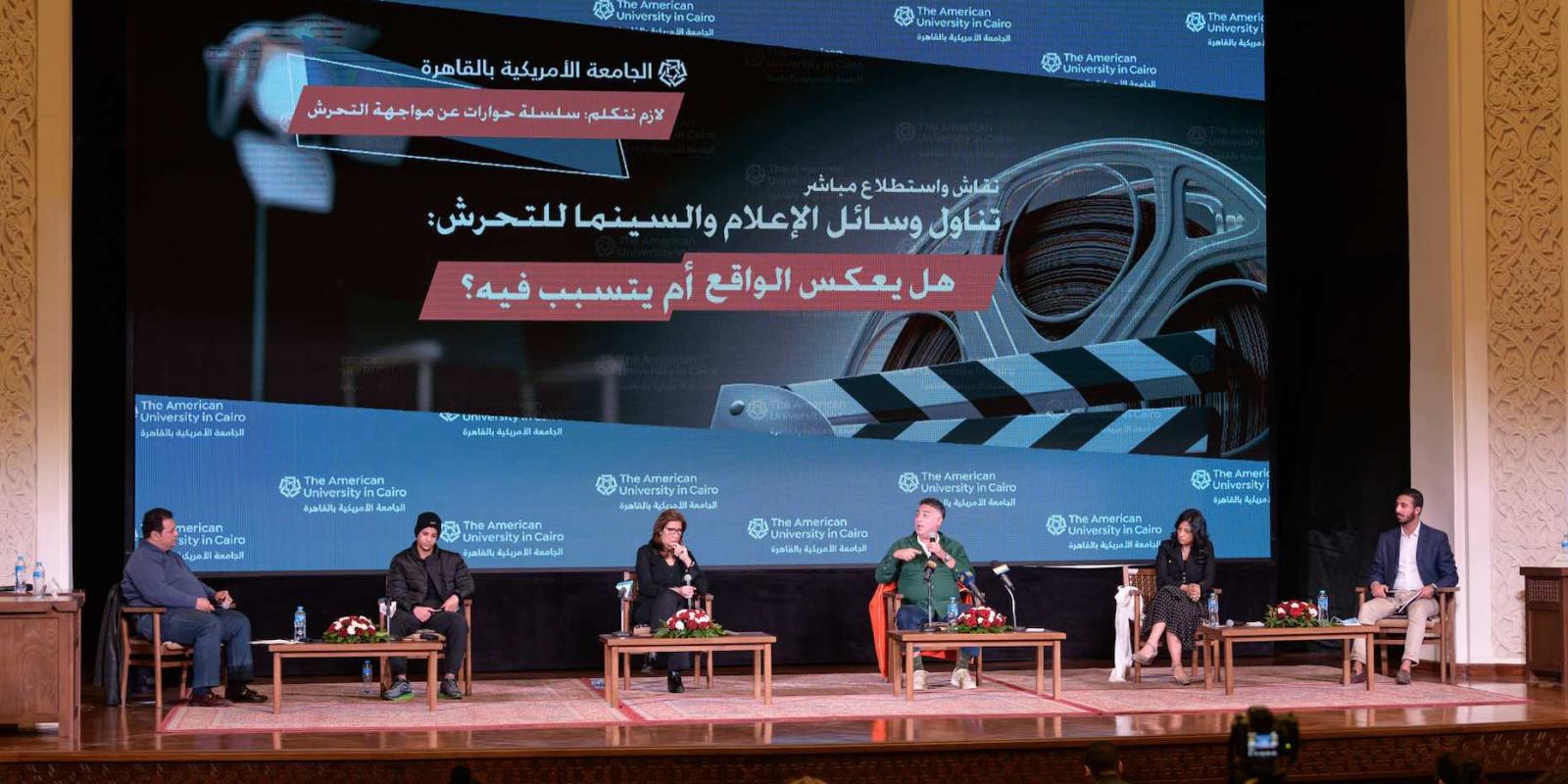
Debating the Portrayals of Gender in Media and Film in SpeakUp Dialog Series
Is the media harming women?
At last week's AUC SpeakUp Dialog Series, "Do Portrayals of Gender in Media and Film Reflect Reality or Shape It?" our online poll showed that 66% believe media portrayals shape reality, while 34% think such portrayals simply reflect reality.
"There isn't a clear cut answer; it's both," said scriptwriter Tamer Habib, one of the panelists at the event.
Hosting voices from the media and film industries along with students, the debate's participants - in addition to Habib - were Ahmed Dash, actor and integrated marketing communication junior; Amel Fahmy (MA '10), managing director of Tadwein gender research center; and Mervat Abou Oaf ('88, '02), professor of practice of journalism and mass communication.
Mourad Makram, TV presenter and actor moderated the debate, and Youssef Hashem, economics junior and president of AUC's Debate Society, moderated the student debate featuring Ahmed Yakoot, computer science and management of information technology major; Abdelmoneim Hassabala, finance and integrated marketing communication major; Ameena El Agha, economics and data science major; and Mohamed Fakhr El Din, computer science major.
Shapes vs. Reflects: Two Sides of the Same Coin
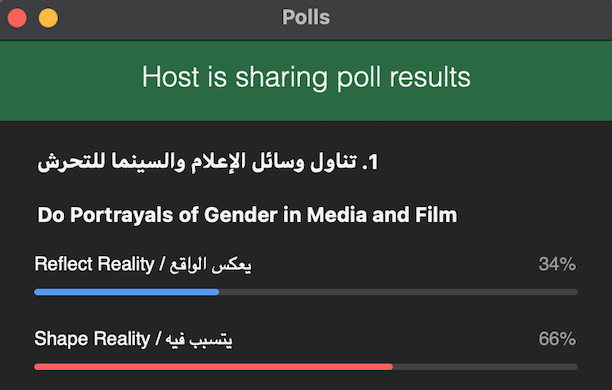
The Role of Media and Film in Shaping Reality
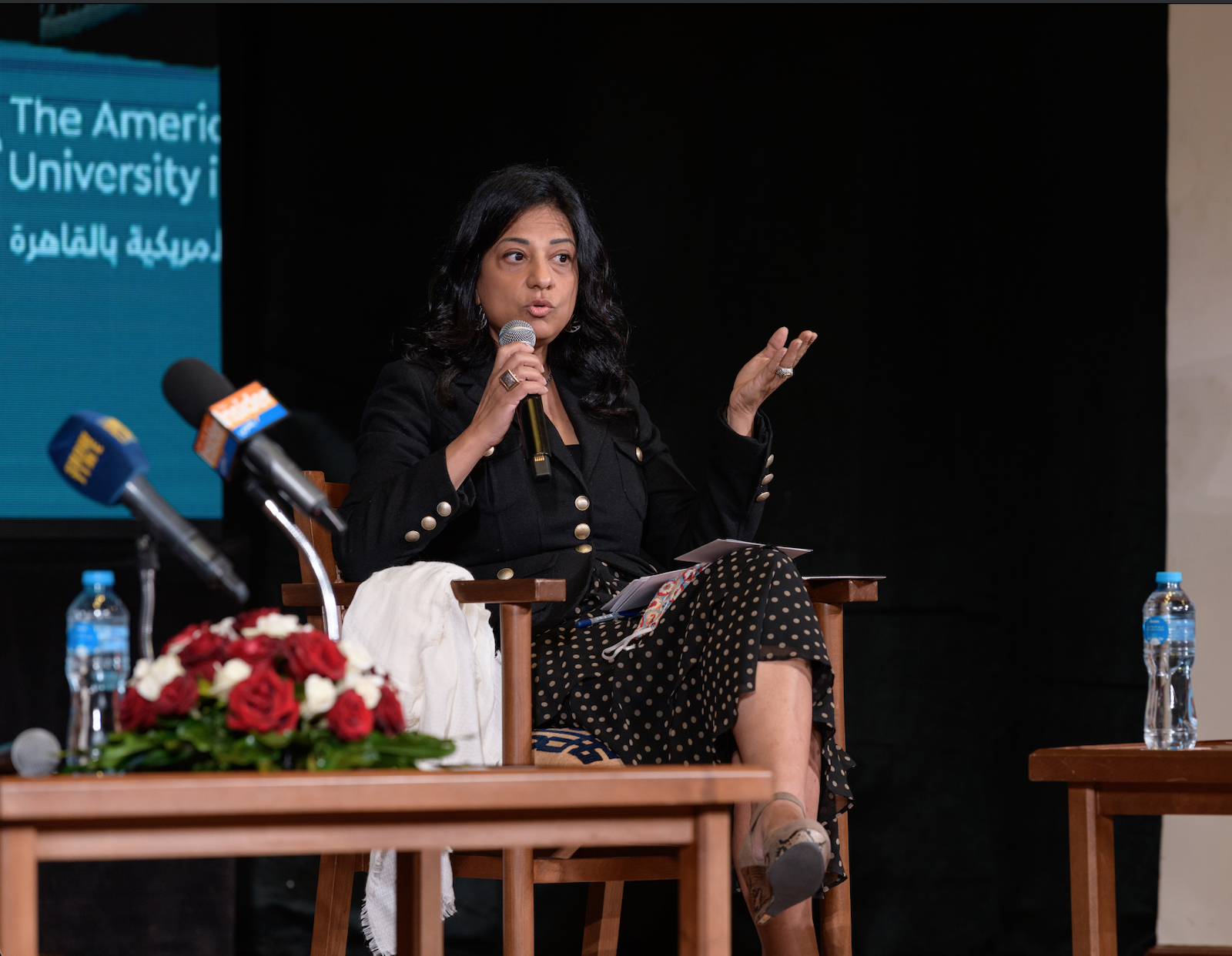
During the debate, Fahmy stressed the importance of cinema as a cultural product that infiltrates society, especially since around 25% of the Egyptian population is illiterate.
Based on research conducted by Tadwein gender research center on the portrayal of women in Ramadan TV series in 2018-2019, 24% of the series portrayed violence against women, 10% discussed harassment and 3% featured institutional violence. Linking media to reality, Fahmy noted that 90% of women in society were subjected to harassment, and 1 in 3 women were subjected to violence perpetrated by a spouse.
"The problem is the context in which violence against women is presented in movies or TV series," said Fahmy. "There isn't a single movie or TV series that presents the legal ramifications for harassment, despite the institutional discourse and existing laws punishing harassment." Therefore, a framework that rejects violence is required, she affirmed.
“There is tolerance for harassment in the streets, and films portray harassers as cool men,” she said. “Films indeed reflect the reality of violence against women, but that leads to more acceptance of violence because the behavior is not denounced."
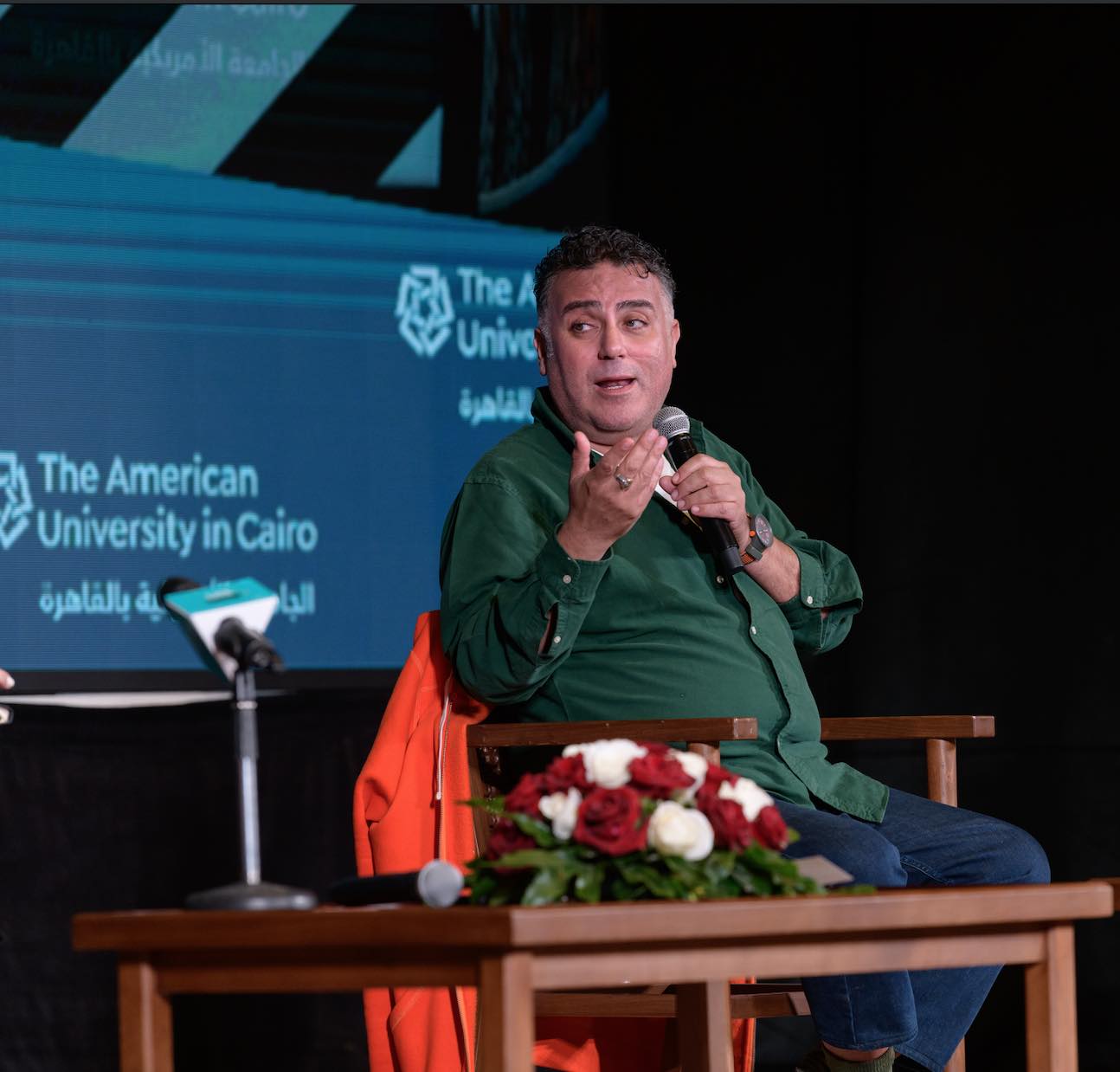
Habib tackled the role of films in shaping children’s minds, especially regarding the portrayal of violence and harassment against women, reflecting on his own childhood. “I’ve been watching cinema since I was 6 years old, and I only understood that this is called harassment after acquiring a wealth of drama that presented harassment in a very funny and comic way. This is very dangerous,” he said, stressing that portraying harassment in indirect and humorous ways is toxic.
Agreeably, Yakoot believes that “When we watch films, many notions are rooted within our minds, and step by step, we get programmed. ... We think this is only natural, so we start acting the same way.”
Hassaballa emphasized that media is an essential part of the human socialization process and that we get in touch with our social rules through media. “When children or teenagers watch movies where things are implicit and show that harassment, or actually flirting, with women physically and using hands without consent is accepted, this rather emphasizes the notion for youngsters," he said.
Habib stressed the need to address harassment and combat it through schools, universities and institutions consolidating efforts.
"We won’t be able to rectify everything all of a sudden, but we need to start the efforts and continue to fight sexual harassment," Habib said.
Mass Media Reflecting Reality
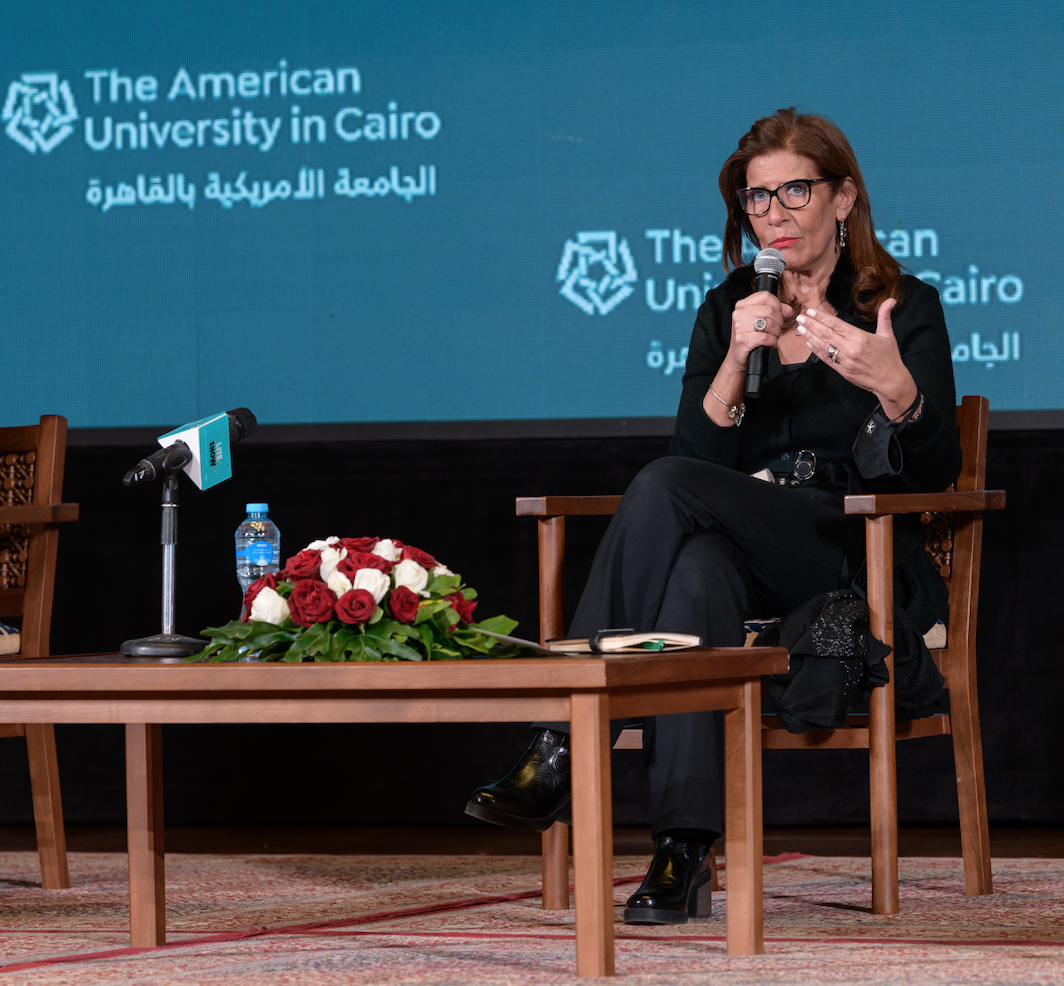
It’s unfair to group media and film when discussing harassment, especially since films have a more vital role because they reach all households, Abou Oaf explained.
"Generally, the recipient's culture is key, so it’s important to question how we tackle harassment and violence against women. We need to raise awareness and show in films that harassment is shameful and punishable by law," she stressed.
"We live in a masculine society, despite all women's achievements, the current political will and the laws that punish harassers. Changing culture takes time, and unfortunately, harassment is normalized, and films reflect that," Abou Oaf added.
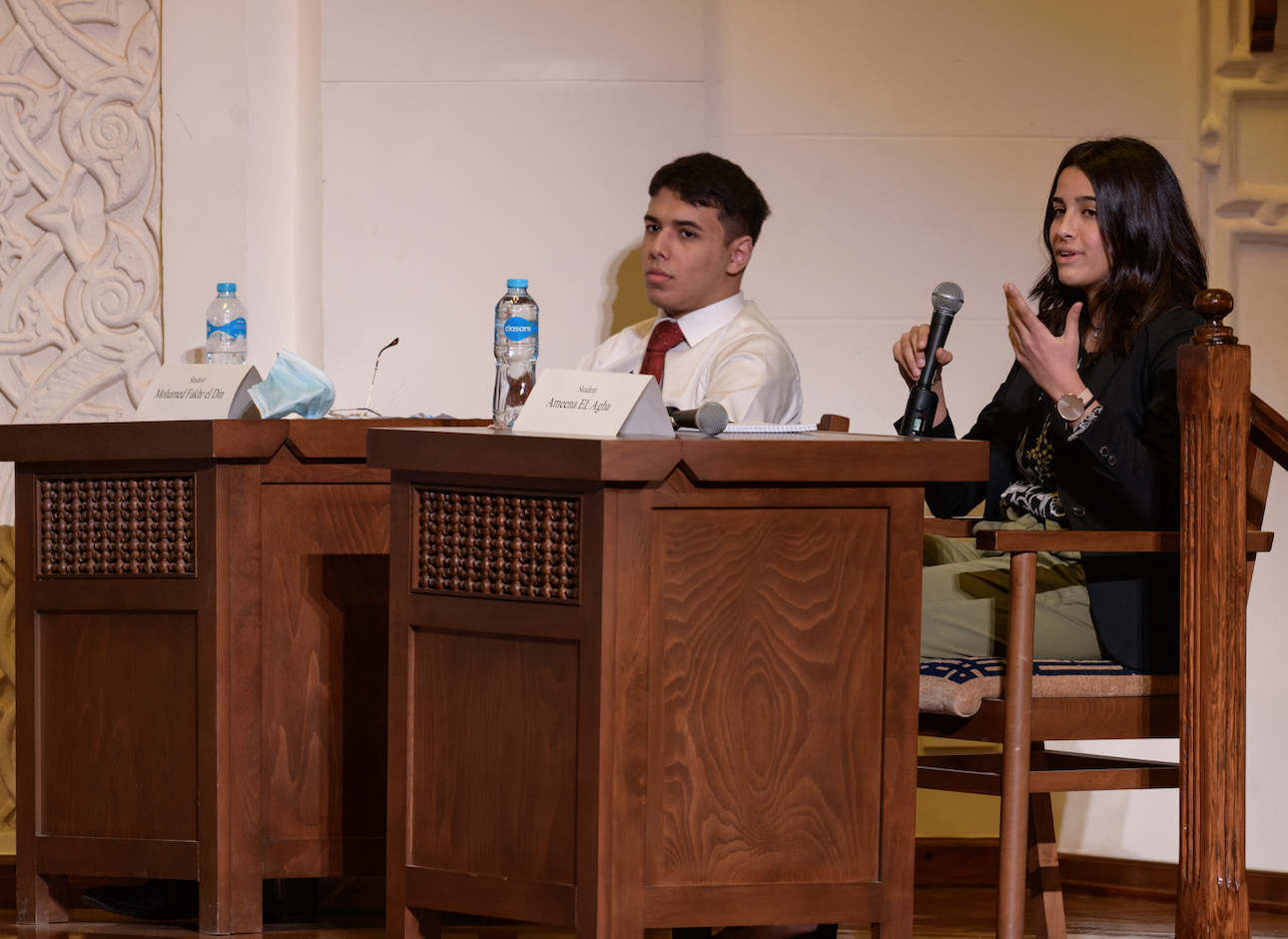
Echoing the sentiment, Fakhr El Din believes that mass media is a tool in the hands of the public, highlighting that “it helps mirror society with its pros and cons, but the individual is rather fully responsible for their interaction with it.”
El Agha also added that “the content that shows the issues that women encounter on a daily basis within the community reflects how content in mass media and cinema indeed mirrors the gender or sexual roles given to each individual.”
Similarly, Dash argued that films both reflect and lead to harassment; however, films mainly reflect reality because sexual harassment in Egyptian streets is prevalent.
“We need to revisit our past, delve into our education and culture. Girls and women are sometimes even harassed by children – When did that become acceptable, and how do children view harassment?” he pondered.
Dash emphasized that this is an issue deeply rooted in culture and that speaking up and launching social media campaigns against harassment aren’t enough – schools, parents and authorities need to come together to combat harassment and raise youth awareness.
The Bottom Line
The line is blurry when it comes to whether cinema and media reinforce or reflect sexual harassment, but the panelists agreed that cinema and media do have an influence on society, but several other factors come into the scene when sexual harassment is involved, including cultural inclinations, upbringing, educational background and more.
“We’re not saying media and cinema are the reason for the problem, and we’re not confining bullying, harassment and rape to cinema and drama,” said Abou Oaf. “Lots of spectra need to be included, like the culture, household and more. We don’t mean that all problems are rooted in cinema.”
Over the next months, the Dialog Series will address several issues related to sexual harassment, including “How Do We Make Public Spaces Safe for Women?” “Are We Safe in Cyberspace?” “Combating Harassment on University Campuses,” “Safe, Inclusive and Diverse Workspaces,” and “Legal Framework and Violence Against Women.”
Watch the highlights of the session.
Media Coverage of the Event
CBC Egypt
